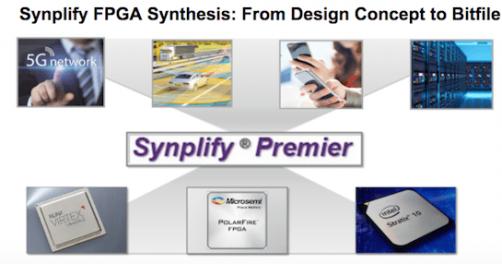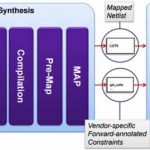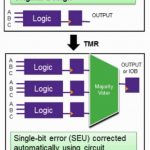You might wonder why, in FPGA design, you would go beyond simply using the design tools provided by the FPGA vendor (e.g. Xilinx, Intel/Altera and Microsemi). After all, they know their hardware platform better than anyone else, and they’re pretty good at design software too. But there’s one thing none of these providers want to… Read More
Tag: synplify premier
FPGAs allow customization of SEU mitigation
Teams working on avionics, space-based electronics, weapons delivery systems, nuclear generating plants, medical imaging equipment, and other applications where radiation leads to single-event upsets (SEU) are already sensitive to functional safety requirements. What about automotive applications?
With electronic… Read More
One FPGA synthesis flow for different IP types
Both Altera and Xilinx are innovative companies with robust ecosystems, right? It would be a terrible shame if you located the perfect FPGA IP block for a design, but couldn’t use it because it was in the “wrong” format for your preferred FPGA. What if there were a way around that?
There is a compelling argument to use each FPGA vendor’s… Read More
3 flavors of TMR for FPGA protection
Back in the microprocessor stone age, government procurement agencies fell in love with the idea of radiation hardened parts that might survive catastrophic events. In those days, before rad-hard versions of PowerPC and SPARC arrived, there were few choices for processors in defense and space programs.
One of the first rad-hard… Read More
Synthesizing rad-tolerant RTL for FPGAs
The maiden voyage of NASA’s Orion spacecraft brought a raft of articles about how the flight computer inside is “no smarter than your phone,” running on wheezing IBM PowerPC 750FX processors. NASA’s deputy manager for Orion avionics, Matt Lemke, admits the configuration is already obsolete – at least in commercial terms. … Read More






